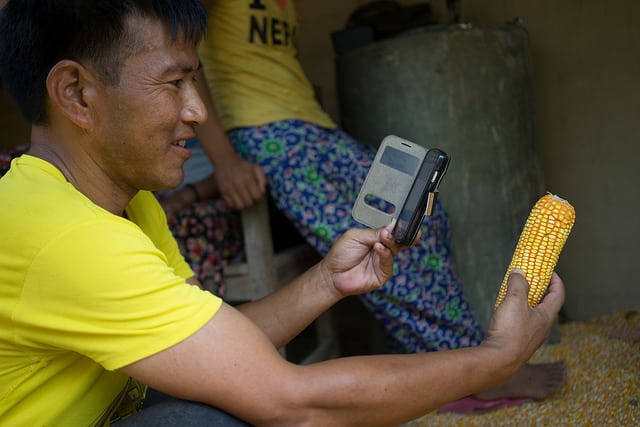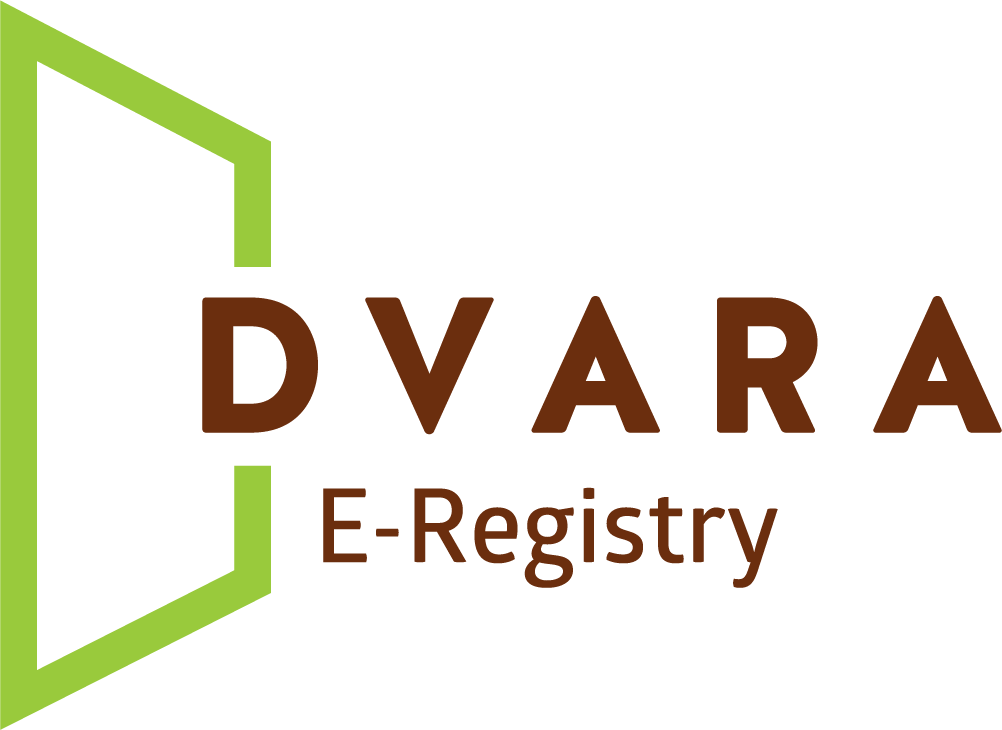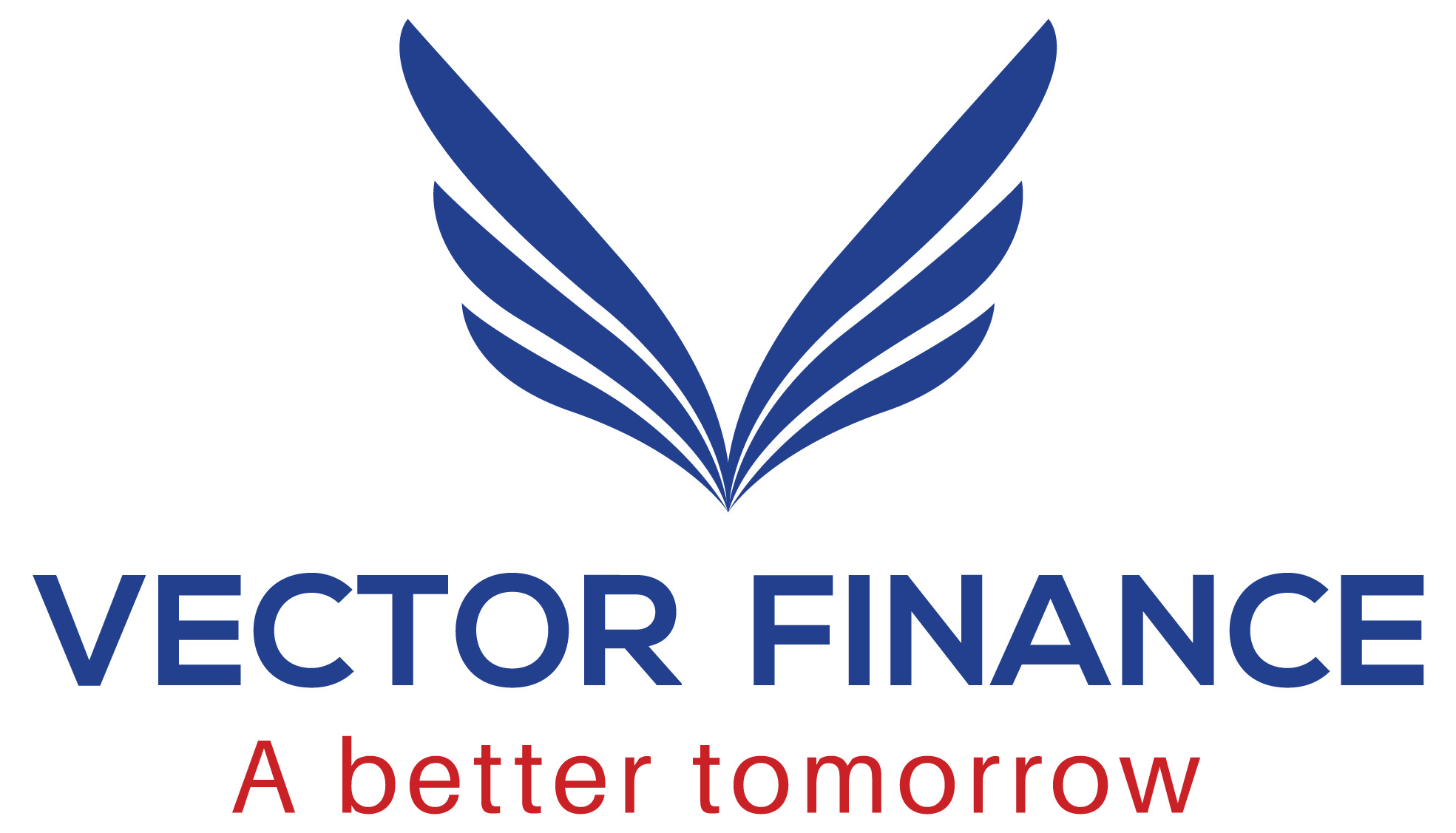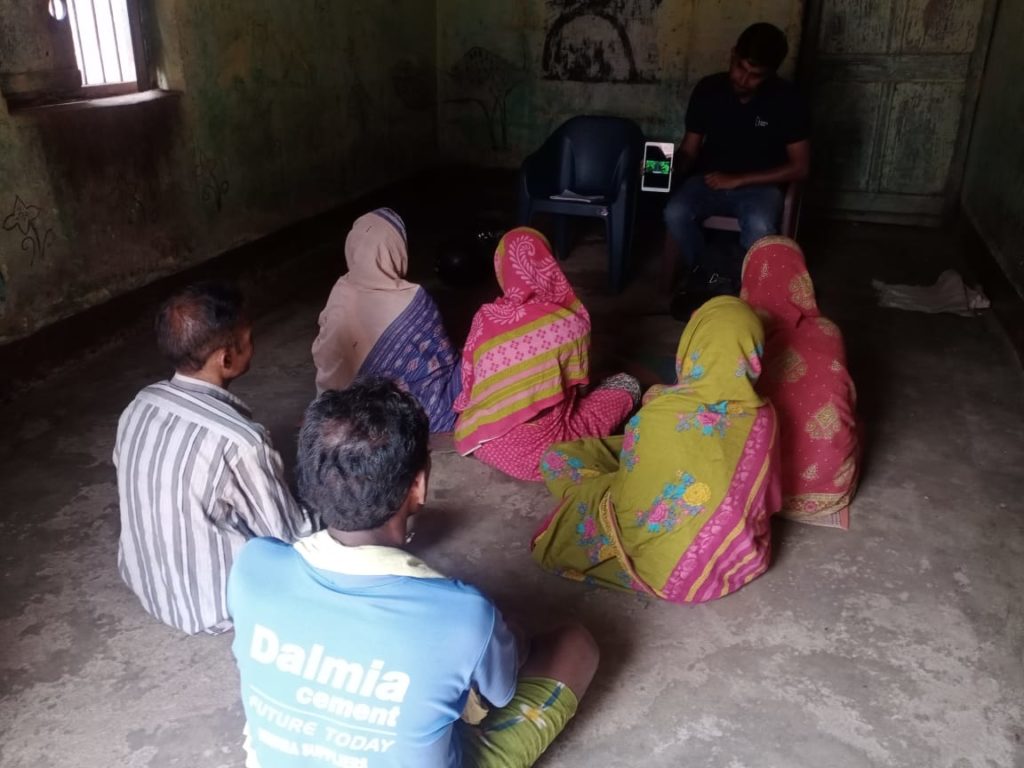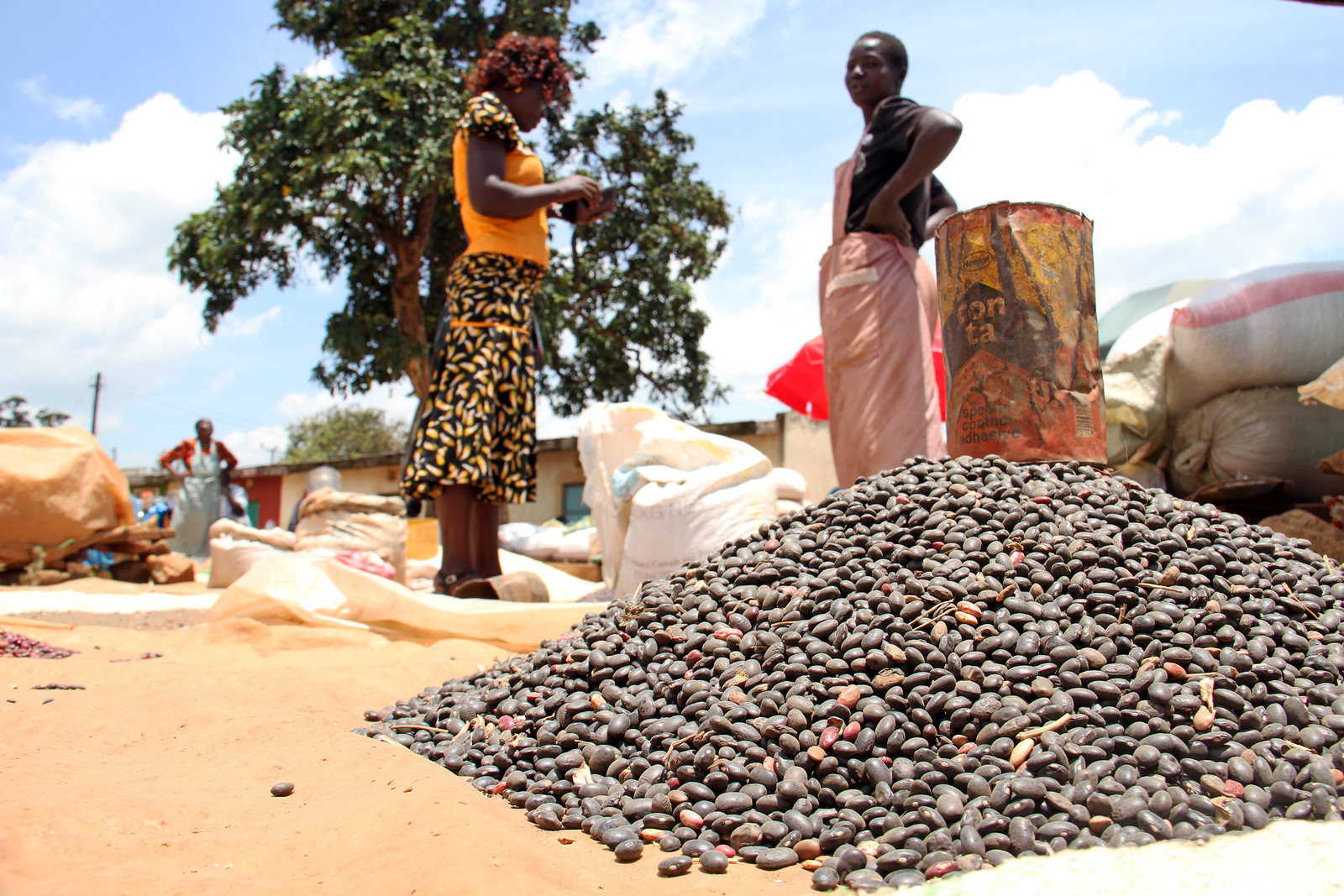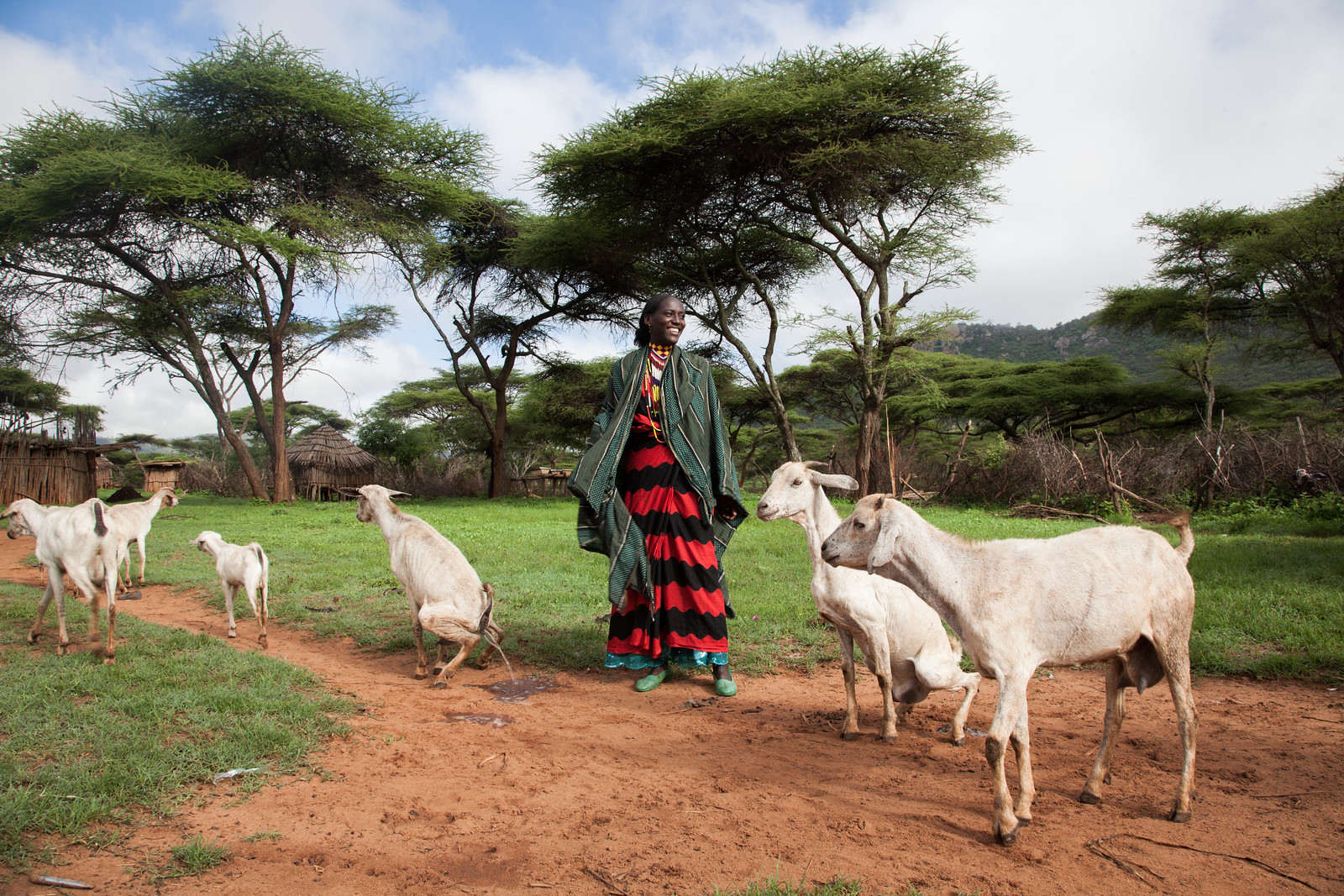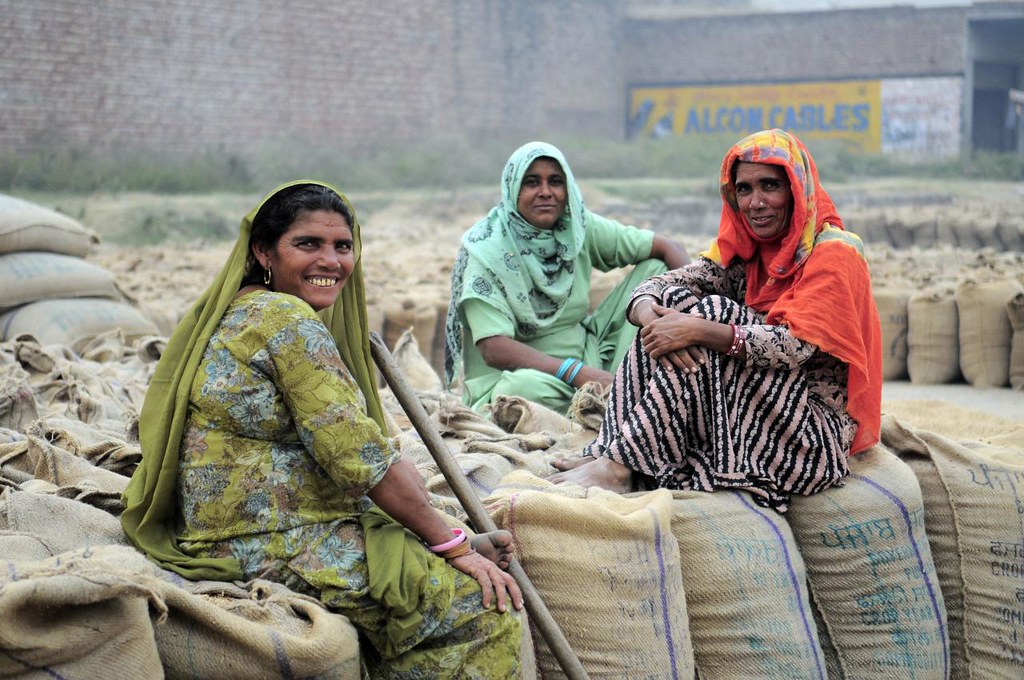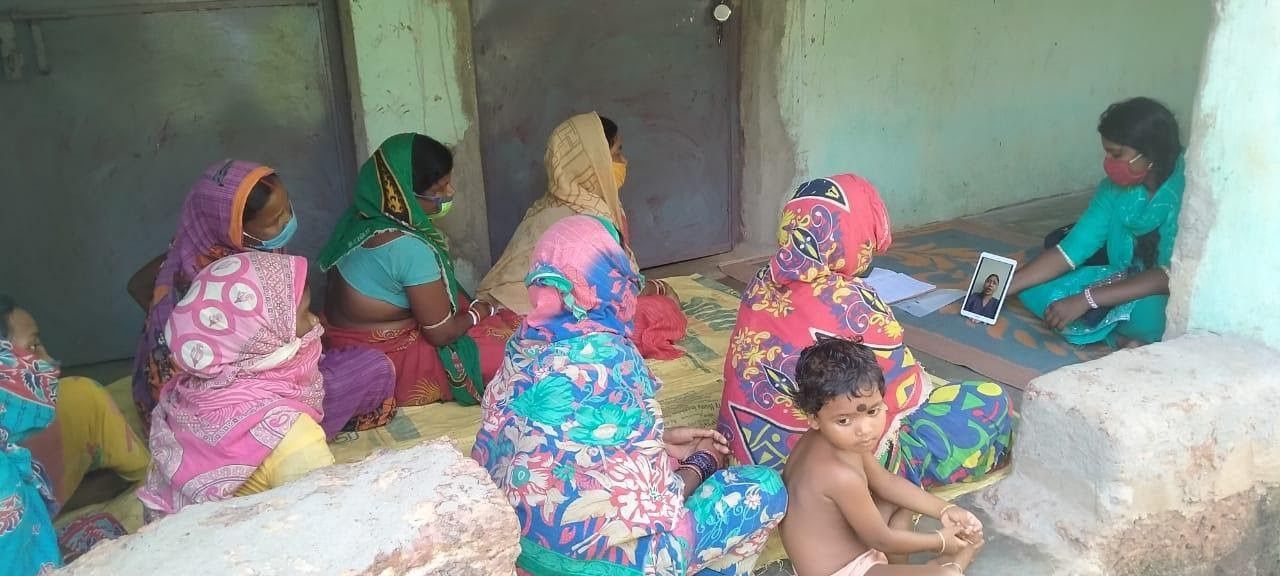COVID-19 Rapid Response Grant
Eyes on the ground for agricultural microcredit
India

COVID-19 is an existential threat for microfinance, which traditionally operates through face-to-face group meetings. During a lockdown, this model fails and microfinance for the world’s poorest has started drying up. But what if lenders could monitor loans remotely, without having to visit their clients? With that in mind, this project is unlocking agricultural microcredit to farmers in Odisha, India, by enabling a microfinance lender to monitor loans using satellite and smartphone imagery.
Smallholder farmers often lack collateral to access formal agricultural credit and hence rely on microcredit to finance agricultural production. Microcredit traditionally operates through in-person meetings with jointly liable groups, in which individual clients are held responsible for full group loan repayment. Group lending encourages clients to screen their peers, so that only good borrowers join the group, and to monitor each other’s investments, maximizing loan repayment. Recent lockdowns and physical distancing highlight a key vulnerability of this model; microcredit is drying up because microfinance agents can no longer visit credit groups, and lenders need to shift towards a contactless method of providing and monitoring credit.
The original project, Seeing is Believing: Using smartphone camera data, was focused on using images to monitor crop growth and health in order to strengthen bundled insurance-advisory services. This ‘picture-based insurance’ was proposed as a solution to address information asymmetries between farmers and insurance providers and to reduce the costs of monitoring crops to settle insurance claims and of customizing advisories for small and marginal farmers. Similar problems prevent smallholder farmers from accessing formal agricultural credit, where collateral in the form of land is often used to minimize problems around information asymmetries. This Rapid Response project addresses a similar problem for a different application—to provide microcredits instead of insurance and advisories.
Inspire Challenge Team:
About the Rapid Response Grants
In response to the food security issues brought about by the COVID-19 pandemic, the Platform made funding available for agile, big-data enabled projects working to tackle food system challenges. The Inspire Challenge Rapid Response Grants, totaling up to USD100,000, were available to current or previous Inspire Challenge winners.
Team members
Mr. Sanjay Mansabdar
Dvara E-Registry, Director
Dr. Berber Kramer
IFPRI, Research Fellow
Mr. Rahul Johri
Chairman of Vector Finance
Mr. Prasanta Sahu
COO of Vector Finance
The project leverages IFPRI’s experience with smartphone-based crop monitoring, along with Dvara E-Registry’s capability to take this approach further by integrating it into its “KhetScore” model, a credit scoring system for farmers that uses artificial intelligence, remote sensing, and emerging technologies to predict yield and repayment potential using historical farm-based data.
Dvara Trust has an MoU with the Government of Odisha to fulfil the joint vision of leveraging science and technology for harnessing the potential of Odisha’s agricultural sector and expand small and marginal farmers’ access to credit. In this context, Vector Finance—with the capabilities of providing microfinance to the poor—has agreed to issue and monitor crop loans based on the reports generated by “KhetScore”.
IFPRI’s knowledge on the intersection of gender, agriculture, rural finance, and impact evaluation are leveraged to map impact pathways, inform program design, and disseminate findings and lessons learned.
Gender dimension
Loans are monitored based on a combination of data from georeferenced smartphone pictures and satellite imagery for the same plots. Recognizing that in rural Odisha smartphone access is limited, and even more so for women, the project provides clients with smartphones and training on how to use the phone, to ensure that all clients, including women, have access to the tools that Dvara E-Registry and the lender need to monitor loans.
Farming in many communities, like Odisha, can often be stereotypically seen as a male activity. These stereotypes discourage women from taking out agricultural loans, even though women are often responsible for the cultivation of crops. This project, however, recognizes the potential of women as being an important entry point for agricultural credit because of their high participation in microfinance groups. This project targets women directly, and studies in detail how to address gender norms that prevent women farmers from participating in agricultural credit solutions.
Project timeline
JUNE 2020 - FEB 2021
Vector Finance collected data on prospective beneficiaries, provided them with information about agricultural credit, and identified interested clients.
JUNE 2020 - MAY 2021
IFPRI provides technical assistance in the design and implementation of the intervention, the gender strategy, and monitoring and evaluation, including survey design and analyses.
JULY - DEC 2020
Dvara E-Registry team members worked with farmers to train them on how to send georeferenced images of their crops via smartphones for credit purposes. This was the only activity that required an in-person visit and was done with small groups of farmers, following local guidelines related to COVID-19 containment.
More than 500 farmers were trained, and 110 loans were issued.
Dvara E-Registry team member leads a training with farmers. Photo credit: Dvara E-Registry.
JULY - DEC 2020
Dvara E-Registry used the submitted smartphone pictures, along with historical and current satellite imagery, to identify plot locations, verify the type of crop, estimate plot size, and predict yield potential.
JULY 2020
Vector Finance issued all farmers with the first tranche of financing, with loan amounts based on predicted yield potential. The team received additional financing from Dvara Trust by de-risking with a 10% loan guarantee fund of US$40 per US$400 loan. The remaining 90% of the default risk was retained by Vector Finance (Cuttack) and Dvara Trust (Jajpur).
110 loans were issued.
AUG 2020 - MAY 2021
In the Jajpur district with Dvara Trust loans, additional tranches were disbursed to finance subsequent production stages. These loans factored in predicted yield potential and information from recent satellite and smartphone images.
Dvara E-Registry field staff remotely monitored incoming data and stood-by for issues related to the smartphone application.
SEPT 2020
The team conducted a survey with 693 male respondents and 535 female respondents in two districts in Odisha and asked a series of qualitative questions to understand norms regarding women’s roles and decision-making around household agriculture.
Key findings from the survey include:
- Women are less likely than men to report being involved in agricultural decision-making, but this is consistent with who they report “should” be involved in these decisions.
- Among households that took out a loan, women were significantly less likely to have had a final say in the decision to take out this loan — especially for agricultural purposes.
- Demand for agricultural credit was much lower among women than among men.
Click here to read more about gender norms and credit for agriculture in Odisha.
FEB 2021 - PRESENT
Ongoing data collection regarding how farmers have been impacted by COVID-19 and how recipients have used the loans. Remote sensing, repayment, and smartphone camera data from previous seasons will be used to update credit scores for future seasons.

